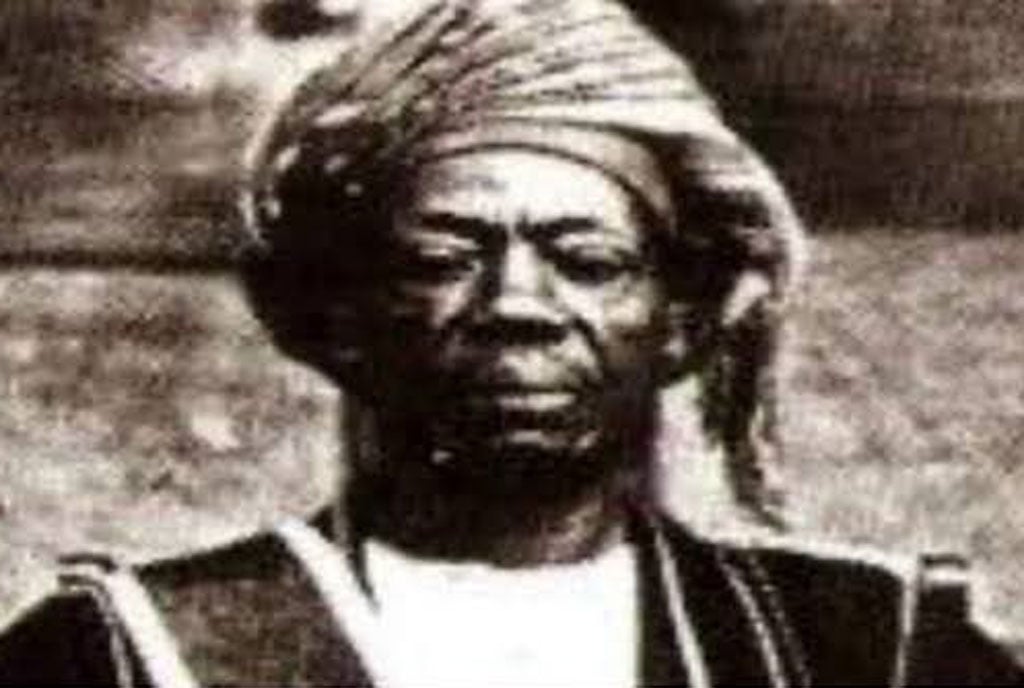Prime
Tricks locals use to beat inter-district travel ban

Resident stranded at the boundary between Jinja and Buikwe districts on Friday as the inter-district transport ban took effect. In Butaleja, people are being restricted from towns. PHOTO | DERRICK KISSA
What you need to know:
- But in some districts, some people bribe their way through, while in others, they reportedly organise in groups and send reconnaissance teams to assess the situation and report back. When all is clear, they cross to the neighbouring districts.
As the 42-day government ban on inter-district movements takes toll on citizens amid the deadly pandemic, some people have devised means of beating the security surveillance around it.
Security forces have deployed on major roads connecting neighbouring districts to stop people from crossing from one district to another.
But in some districts, some people bribe their way through, while in others, they reportedly organise in groups and send reconnaissance teams to assess the situation and report back. When all is clear, they cross to the neighbouring districts.
In Mbarara and surrounding districts, natural features such as swamps, wetlands and rivers are being used as routes by desperate travellers to cross to other districts.
For example, the Rucece swamp that separates Mbarara City and Rwampara District is a key crossing point. The same is with River Rwizi between Mbarara, Rwampara and Isingiro districts.
Mr Henry Mujuni, a resident of Rukuba at the border point of Mbarara City and Masha Sub-county in Isingiro, said in the people enforcing the ban are mainly stationed in trading centres .
“We have recently received a good number of people crossing this river. Some people have even made makeshift boats and charge Shs3,000 to take you across,” he said.
Mr Ben Kansiime, a resident of Ruti in Mbarara City, said people are bribing security officers to cross to other districts.
“Forget the highway road blocks, just get yourself between Shs20,000 and Shs50,000 you will penetrate the district you want through panya. The LCs, vigilantes and LDUs will allow you to pass if you have something to offer,” Mr Kansiime said.
A boda boda cyclist, who refused to speak on record, said: “We have contacts of our colleagues in Isingiro, when you get a passenger you call a colleague across; we have our secret paths and points where we link. But this move is very expensive, we can charge you about Shs20,000 to cross just from Mbarara to our secret destination in Isingiro District.”
Residents in Kyankwanzi, Kibaale, Kagadi, Kikuube and Mubende use swamps to crisscross districts.
Mr Ged Bahemuka, a resident of Kyabasaija Sub-county in Kakumiro District, said there are several village shortcut routes to Mubende, which are not manned by police.
Another resident of Kisengwe Sub-county, Kakumiro, Mr David Karuhize, said people are using temporally bridges in villages to cross from Kibaale to Kakumiro at River Nguse.
‘‘For us we are not monitored by police because we use our locally made timber and tree-logs’ bridges to cross to the other district,” he said.
Between Bunyangabu and Kasese district, residents are using boda boda cyclists to dodge security officers manning entry points.
Daily Monitor has learnt that businessmen and women dealing in crude waragi are using Kyoho Bridge in Bwesumbu Sub-county to connect to Nyamba B Village in Kabonero Sub-county, Bunyagabu District.
In Teso Sub-region in eastern Uganda, some districts are using porous border points unknown to security handlers to find themselves across the other side. In Merok Parish, Katine Sub-county, in Soroti, locals cross through Merok swamp to the neighbouring district of Kalaki.
But Mr Oscar Ageca, the police spokesperson for East Kyoga region, said those found breaking the rules will be arrested.
By Simon Emwamu, Alex Tumuhimbise, Joel Kaguta, Alex Ashaba, Felix Ainebyoona, & Rajab Mukombozi




